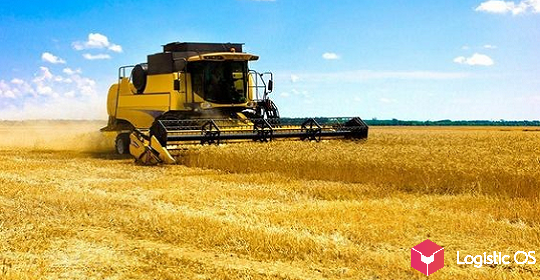Growing corn in India largely ensures the country’s food security, while local farmers want to protect their market from GMO varieties.
According to experts, corn has become one of the symbols of success in Indian agriculture today. This is stated, in particular, by the agronomic publication Krishi Jagran.
In particular, in recent years we have seen a significant increase in the volume of corn cultivation.
If in 2015 production was about 22 million tons, now it has grown to 35 million.
At the same time, the areas allocated for corn in the country have also increased: instead of 9 million hectares, they now amount to 10 million hectares.
Finally, the yield over the specified period increased by 35%, which can also be considered a significant result.
Against this backdrop, local scientists and agricultural producers are concerned that there is a risk of a massive expansion of GMO crops, which could literally blow up the industry — which is currently doing well anyway.
Including thanks to government policy aimed at supporting farmers, as well as high demand and the introduction of modern technologies.
Against this background, India not only fully ensured its own food security in terms of corn, but also became one of the major exporters. For example, last season about 3.45 million tons of corn were exported.
In addition, corn is actively used in India as feed for poultry, in the diet of which it accounts for up to 70%.
Therefore, the view that traditional varieties and technologies need to be protected is gaining popularity.
To achieve this, scientists propose, in particular, to improve existing varieties without the use of GMO technologies so that they can compete with genetically modernized ones.
In addition, additional government support could provide an incentive for further development of the industry.
It’s not just about funding, but also about regulation: a ban on GMO corn could perhaps be one of the most effective measures to maintain the status quo.
The country currently has a National Food Security Mission aimed at sustainably increasing maize production by expanding acreage and increasing yields.
Probably, the expansion of support measures could further motivate the development of farmers who grow corn using traditional technology.
However, a change in regulation would certainly be an even more effective measure.

